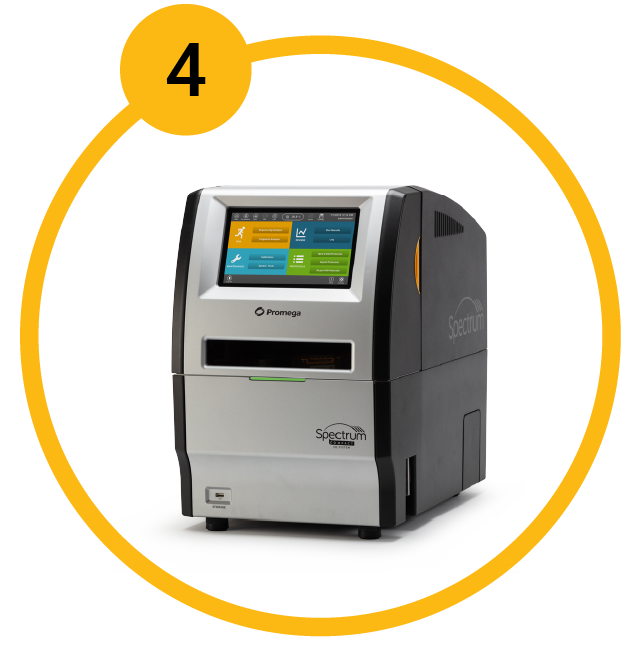Transplant Solutions
We offer solutions to support clinical research workflows for HLA typing, transplant monitoring and biomarker research in transplant settings. Our solutions integrate seamlessly into your workflow, offering the flexibility to support traditional STR analysis, PCR-based methods, immunoassays and NGS applications.
HLA Typing
Human leukocyte antigen (HLA) typing in cancer research helps identify a patient's specific HLA profile, which plays a crucial role in immune response and tumor recognition. This information is essential for advancing research into tumor-immune interactions, predicting response to therapies, and selecting compatible donors for cell-based therapies like bone marrow or stem cell transplants.




Donor-Specific Antibody (DSA) Testing
Donor-specific antibodies (DSAs) are antibodies produced by a transplant recipient’s immune system that target the HLA antigens of a transplanted organ or tissue, potentially leading to rejection. In clinical research, DSA testing supports efforts to better understand immune responses, improve risk stratification and optimize immunosuppressive strategies. It also plays a critical role in guiding post-transplant monitoring and treatment.




Transplant Monitoring
Chimerism Testing
Chimerism testing analyzes donor and recipient DNA from circulating white blood cells to monitor engraftment success and assess relapse risk following hematopoietic stem cell transplantation. As part of clinical research, these analyses contribute to improving post-transplant outcomes and refining therapeutic strategies.
In parallel, donor cell-free DNA (cfDNA) testing, primarily used in solid organ transplant research, offers a noninvasive method for detecting donor-derived DNA in the recipient’s bloodstream—serving as an early indicator of potential graft rejection and demonstrating the broader utility of donor DNA monitoring across different transplant types.



20 Years of Organ Transplant Testing with Maxwell® Instrumentation
Learn how the transplant lab at Dialysis Clinic, Inc. has used Maxwell® Instruments as part of their daily workflow.
Biomarker Research
Transplant Immunology and Antibody Detection Research
Transplant immunology research investigates how the immune system responds to transplanted organs, tissues, or cells, aiming to improve graft survival, minimize rejection, and enhance immunosuppressive strategies. Antibody detection research focuses on identifying and characterizing antibodies—such as DSAs in transplant patients or disease-specific antibodies in diagnostics—to develop more sensitive and accurate detection methods for clinical research applications.




Looking to Optimize Your Workflow?
We're here to help!
Intended use of the products mentioned on this page vary. For specific intended use statements, please refer to the product label.
